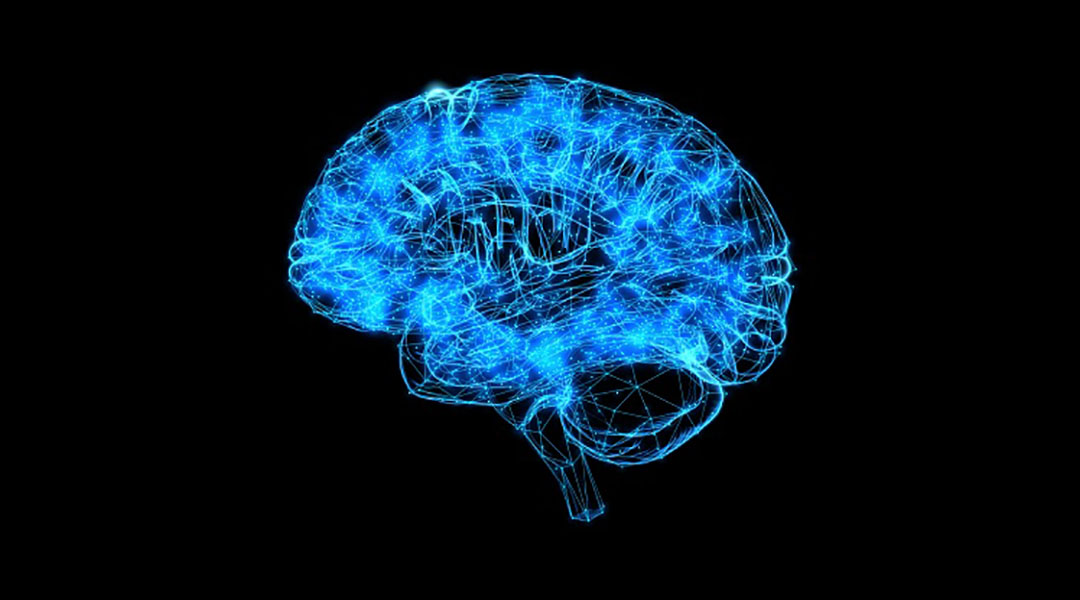According to new research, funded by the National Institutes of Health, researchers uncovered sets of proteins involved in glucose metabolism that are linked to Alzheimer’s disease biology. The findings, published in the journal Nature Medicine, could result in new treatment targets and fluid biomarkers.
For the study, researchers examined patterns of protein expressed in over 2,000 human brain and close to 400 cerebrospinal fluid samples belonging to individuals with and without the presence of neurodegeneration. The samples were gathered from various research centers in the U.S.
In their examination of the samples, researchers observed changes in proteins associated with glucose metabolism and an anti-inflammatory response in glial cells in the samples from both groups, with and without a neurodegenerative disease, like Alzheimer’s disease (AD).
“A protein network module linked to sugar metabolism emerged as one of the modules most significantly associated with AD pathology and cognitive impairment,” the study shows.
“This module was enriched in AD genetic risk factors and in microglia and astrocyte protein markers associated with an anti-inflammatory state, suggesting that the biological functions it represents serve a protective role in AD.”
The results showed an abnormal level of cerebrospinal fluid in the early stages of neurodegeneration in the proteins from the module. Proteins and biological processes identified in the brains of participants with neurodegeneration may be used as a source for new treatment targets and the development of fluid biomarkers.
“This is an example of how the collaborative, open science platform of AMP-AD is creating a pipeline of discovery for new approaches to diagnosis, treatment and prevention of Alzheimer’s disease,” said Richard Hodes, Director of the NIH’s National Institute on Aging.
“This study exemplifies how research can be accelerated when multiple research groups share their biological samples and data resources.”


